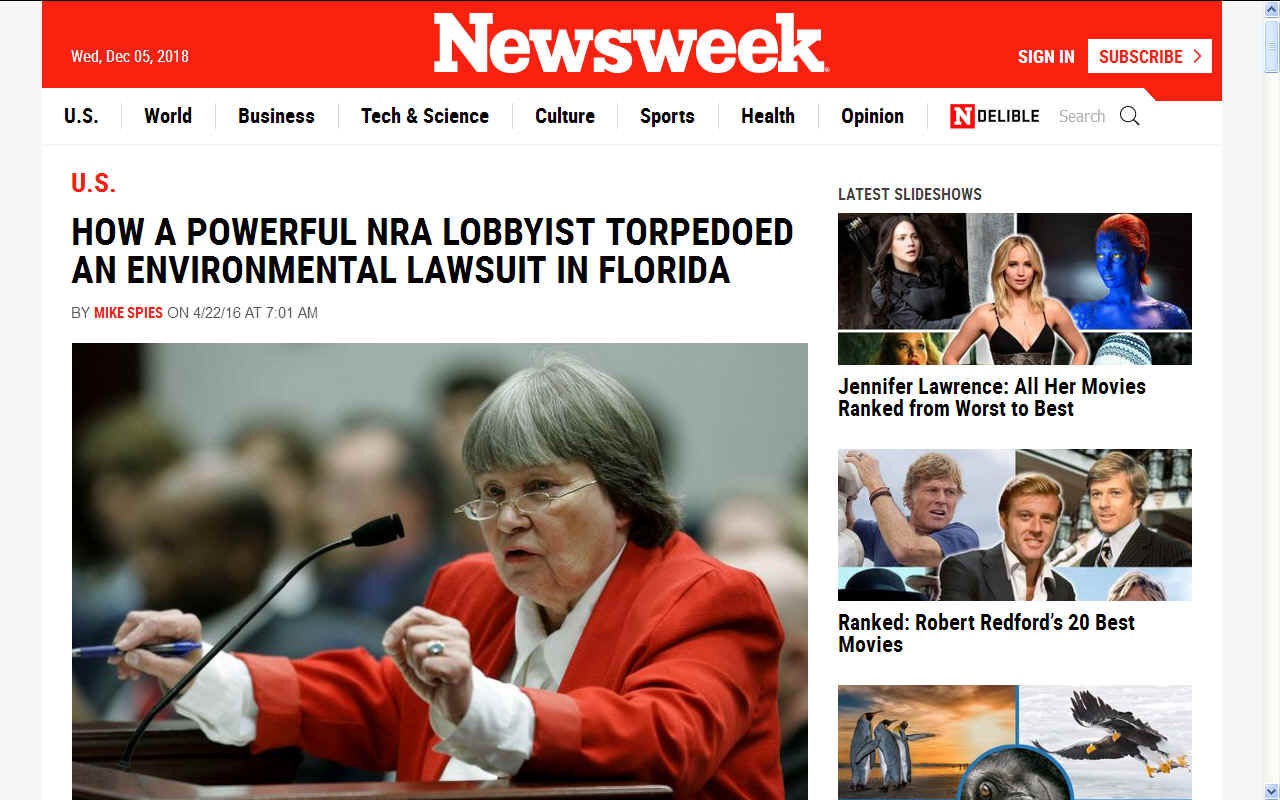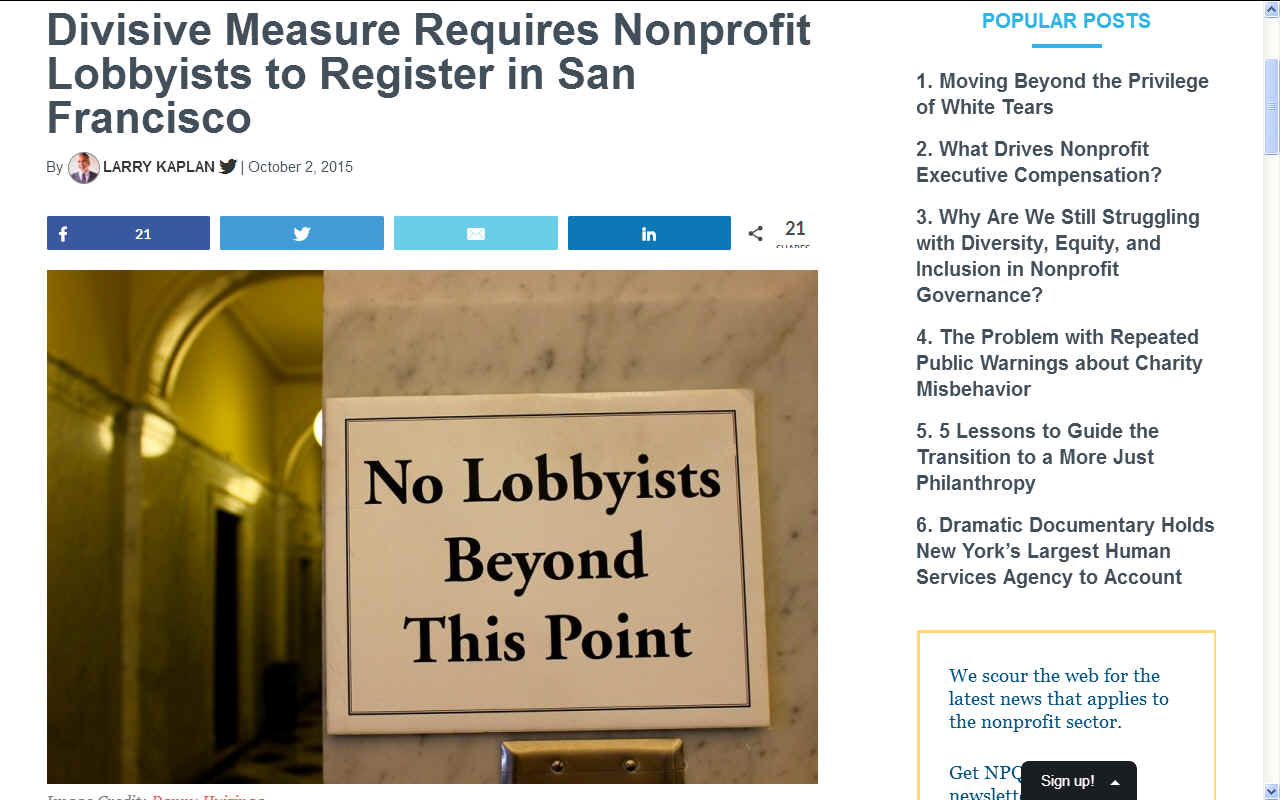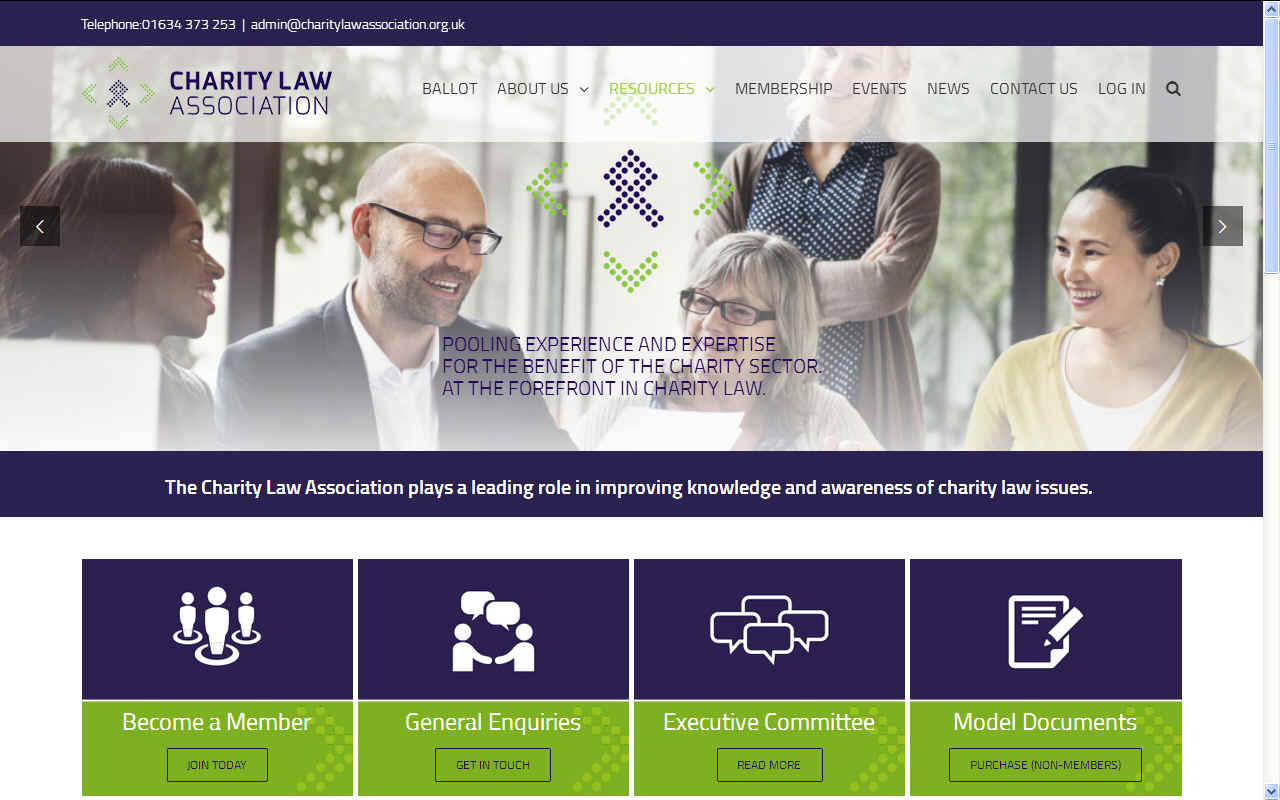|
POLITICAL
CAMPAIGNING
ABOUT - ACT
- APPEALS
- CONTACTS -
DONATE -
EDUCATION
- FOUNDATION -
OBJECTS
- POLITICS
- HOME - A-Z INDEX

The
'Cleaner Ocean Foundation' (COF) is a not-for-profit company
(charity) without share capital that is dedicated
to ocean conservation, the use of renewable energy and climate
change awareness as it affects ocean chemistry. The Foundation is
dedicated to informing all administrations as to technological
advances or technology that may alleviate the harm humans are
causing to planet earth by using fossil fuels and disposing of
waste irresponsibly.
The
Foundation is not a political organization and has no
political aims, hence is not seeking to promote any political
party or promote the interests of any political party or
agenda, but is
rather an independent environmental advocate intending to inform and where
applicable demonstrate technology for presentation to all
political parties equally and without discrimination. As such
any campaigning that may be undertaken is incidental to the
aims of the Foundation, rather than its sole objective.
The
objective of any political campaigning or advice to
governments in general is for the sole purpose of delivering
the Foundation's charitable
objectives.
There
are many charities that are environmental or other
conservation lobbyists. These include Greenpeace, Friends of
the Earth, World Wildlife Fund and many, many more.
CAN
CHARITIES HAVE AIMS THAT ARE POLITICAL ?
To be a charity an organisation must be established only for charitable aims, which are for the public benefit. A charity cannot exist for a political aim, which is any aim directed at furthering the interests of any political party, or securing or opposing a change in the law, policy or decisions either in England and Wales or in other countries. An organisation will not be charitable if its aims are political.
Campaigning and political activity can be legitimate and valuable activities for charities to undertake. Charities can campaign for a change in the law, policy or decisions where such change would support the charity’s aims. Charities can also campaign to ensure that existing laws are observed.
However, political campaigning, or political activity must be undertaken by a charity only in the context of supporting the delivery of its charitable aims. Unlike other forms of campaigning, it must not be the continuing and sole activity of the charity.
There may be situations where carrying out political activity is the best way for trustees to support the charity’s advancement of education aims. A charity may choose to focus most, or all, of its resources on political activity for a period.
The key issue for charity trustees is to ensure that this activity is not, and does not become, the reason for the charity’s existence.
For further information see the separate guidance Speaking Out: Campaigning and Political Activity by Charities
(CC9) on the Charity Commission's website.

.
- .
GOVERNING
STATUTE: CHARITIES ACT 2011
S.
1. Meaning of “charity”
(1) For the purposes of the law of England and Wales, “charity” means an institution which—
(a) is established for charitable purposes only, and
(b) falls to be subject to the control of the High Court in the exercise of its jurisdiction with respect to charities.
(2) The definition of “charity” in subsection (1) does not apply for the purposes of an enactment if a different definition of that term applies for those purposes by virtue of that or any other enactment.
S. 3 DESCRIPTIONS OF PURPOSE
(1) A purpose falls within this subsection if it falls within any of the following descriptions of purposes—
(a) the prevention or relief of poverty;
(b) the advancement of education;
(c) the advancement of religion;
(d) the advancement of health or the saving of lives;
(e) the advancement of citizenship or community development;
(f) the advancement of the arts, culture, heritage or science;
(g) the advancement of amateur sport;
(h) the advancement of human rights, conflict resolution or reconciliation or the promotion of religious or racial harmony or equality and diversity;
(i) the advancement of environmental protection or improvement;
(j) the relief of those in need because of youth, age, ill-health, disability, financial hardship or other disadvantage;
(k) the advancement of animal welfare;
(l) the promotion of the efficiency of the armed forces of the Crown or of the efficiency of the police, fire and rescue services or ambulance services;
(m) any other purposes—
(i) that are not within paragraphs (a) to (l) but are recognised as charitable purposes by virtue of section 5 (recreational and similar trusts, etc.) or under the old law,
(ii) that may reasonably be regarded as analogous to, or within the spirit of, any purposes falling within any of paragraphs (a) to (l) or sub-paragraph (i), or
(iii)that may reasonably be regarded as analogous to, or within the spirit of, any purposes which have been recognised, under the law relating to charities in England and Wales, as falling within sub-paragraph (ii) or this sub-paragraph.
S. 4 THE PUBLIC BENEFIT REQUIREMENT
(1) In this Act “the public benefit requirement” means the requirement in section 2(1)(b) that a purpose falling within section 3(1) must be for the public benefit if it is to be a charitable purpose.
(2) In determining whether the public benefit requirement is satisfied in relation to any purpose falling within section 3(1), it is not to be presumed that a purpose of a particular description is for the public benefit.
(3) In this Chapter any reference to the public benefit is a reference to the public benefit as that term is understood for the purposes of the law relating to charities in England and Wales.
(4) Subsection (3) is subject to subsection (2).
S. 11 CHARITABLE PURPOSES
In the rest of this Act, “charitable purposes” means, except in so far as the context otherwise requires, purposes which are exclusively charitable purposes (as defined by section 2(1)).
S. 177 Meaning of “charity trustees”
In this Act, except in so far as the context otherwise requires, “charity trustees” means the persons having the general control and management of the administration of a charity.
ADDITIONAL
GUIDANCE
We refer
our trustees and any reader with an interest in charitable
operations to the official government guidance ‘Research by higher education institutions’ which explains when research will, and will not, be charitable, and what are private benefits, and when they are acceptable in furtherance of a main charitable aim. This can be accessed on our website here:
https://www.gov.uk/government/publications/research-by-higher-education-institutions

CHARITY
LAW - If you need independent advice about charity law the
Charity Law Association may be able to help.
ACCOUNTANTS
ARTICLES
OF ASSOCIATION
BANKERS
CHARITY
REGISTRATION
FACILITIES
& HEADQUARTERS
FOUNTAIN
OF YOUTH
MEMORANDUM
OF ASSOCIATION
This
website is provided on a free basis as a public information
service. copyright © Cleaner
Oceans Foundation Ltd (COFL) (Company No: 4674774)
2019. Solar
Studios, BN271RF, United Kingdom.
COFL
is a charity without share capital.
|


